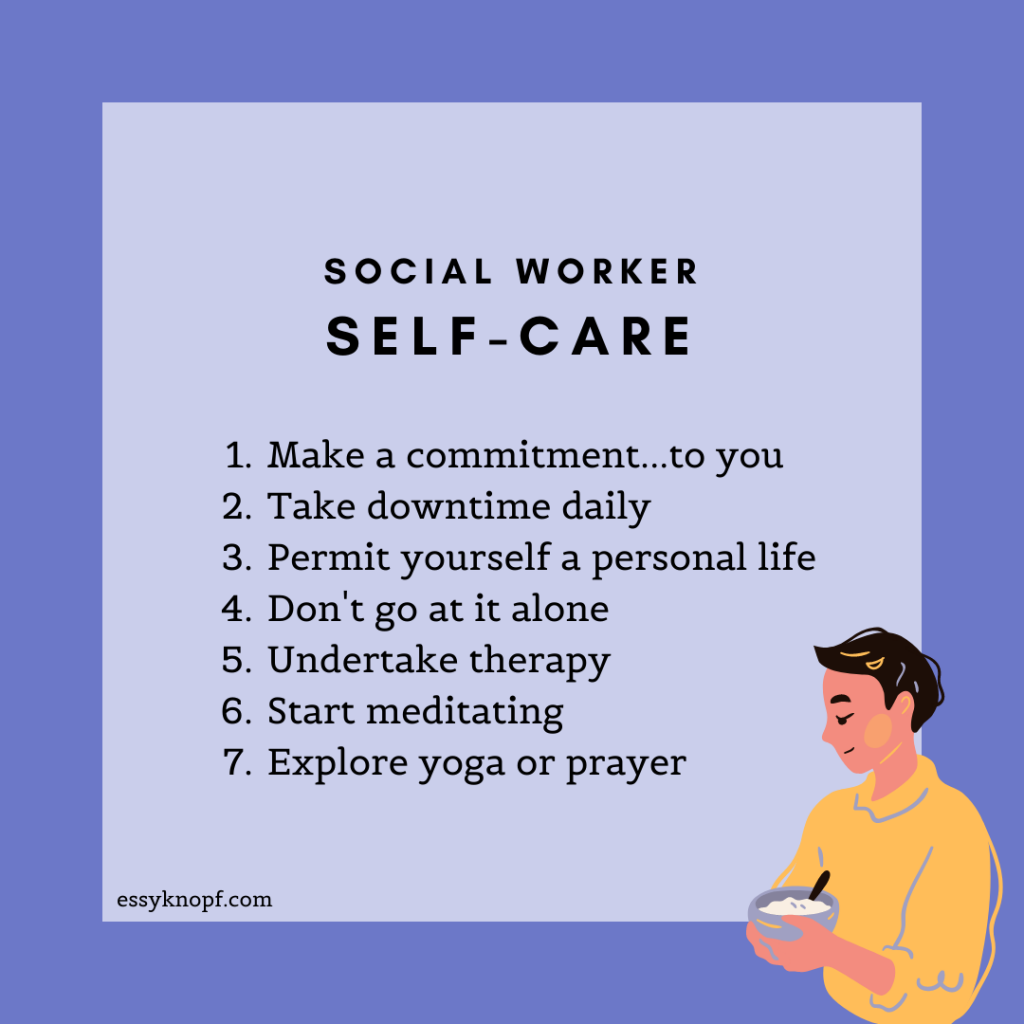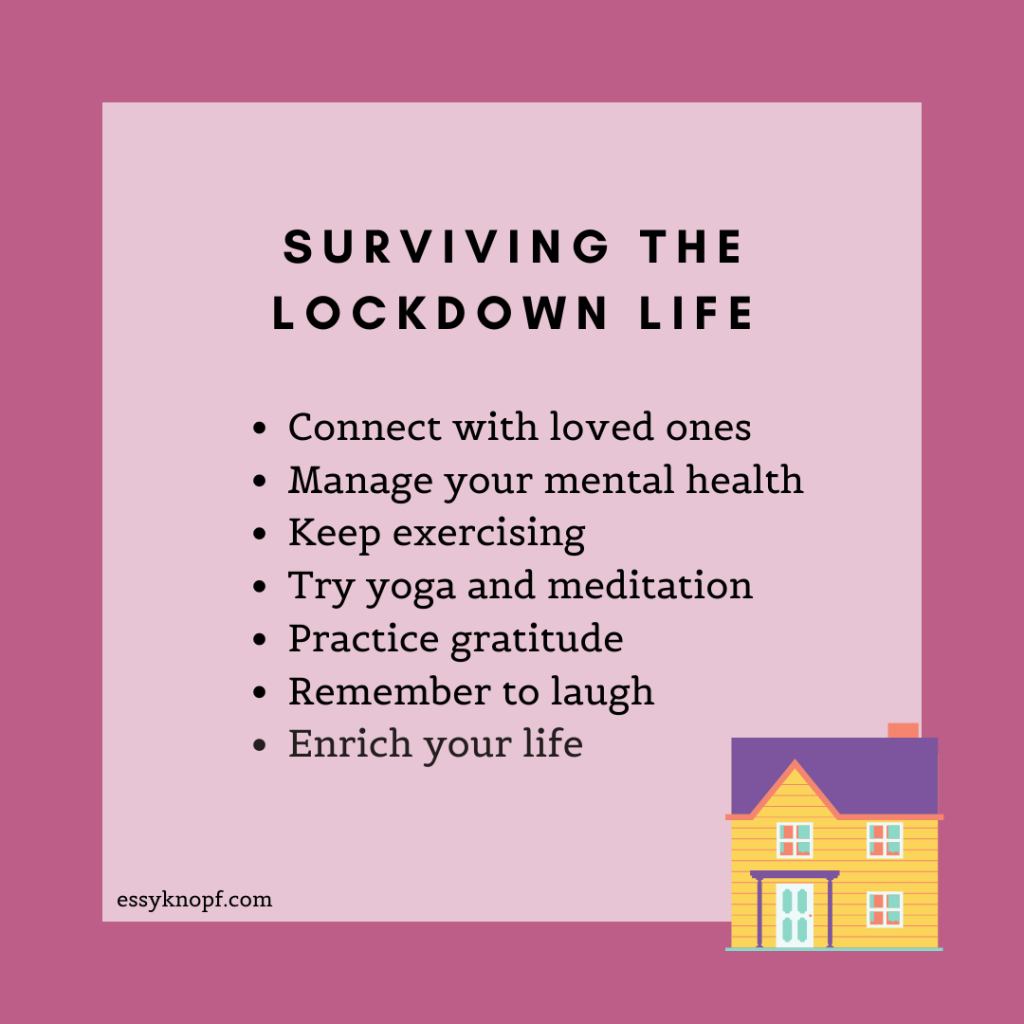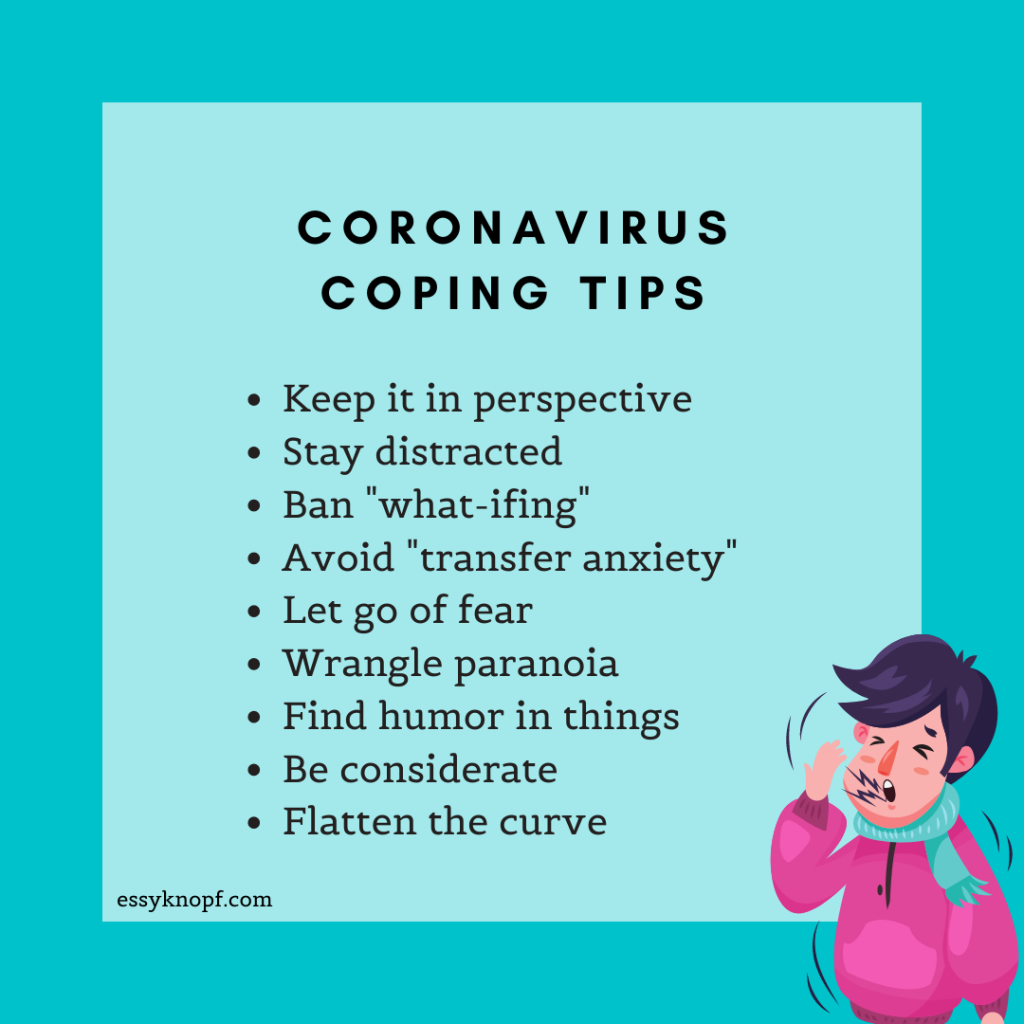Surviving in the social work field boils down to this single habit
What is your number one priority as a social worker? If self-care is not the answer, we need to have a chat.
Most Master of Social Work (MSW) programs will emphasize the importance of self-care upfront. It doesn’t take long, however, for this call-to-arms to butt up against reality.
We as social workers must navigate many competing and conflicting priorities daily. This begins as early as school.
With so much to do during our relatively brief degree, our days are often dominated by assignments and course readings.
Setting aside an extra hour for “you” time can come to resemble an unnecessary luxury. You may find yourself asking, “How can I afford to stop and relax when I have so much work left to do?”
It’s a question I promise will continue to challenge you over the course of your career. For this reason, self-care is a habit you would be best served by building right now.
Here are some ways you can get started.
1. Make a commitment to self-care
If you can exercise enough discipline to study for multiple hours every day, you can certainly commit a minimum of one hour to self-care.
In strict cost-benefit analysis terms, your brain may try to argue with you about the necessity of relaxing.
It may feel good to have dedicated downtime. But time away from your desk may also put you behind in your work and feed your anxiety.
This can become a vicious circle: time anxiety persuades there is never enough, and while this might certainly feel like it’s the case, it’s not true.
The issue is not whether you have enough time to take care of your personal wellbeing. Rather, it’s your willingness to re-prioritize it.
Let’s suppose you do. If you have time anxiety, this may worsen. But rest assured that over time, its death-grip on your psyche will weaken.
2. Block out downtime
Personally, I’ve found there are usually three windows each day in which most people can block out self-care time:
- First thing, straight after waking up
- Midway during the day, such as during a lunch break
- Before bed, when one typically unwinds
The morning window works best for me (that is, supposing I get to bed early).
This period seems to afford me enough time to do a self-care activity such as meditation before my brain jumps aboard the “work ‘til you drop” train.
Another option is to dedicate a single day of the week such as Sunday to “you” time.
3. Permit yourself a personal life
Work is a hungry beast, and if we continue to encourage it, it will inevitably consume our personal lives.
We may suspend social outings and quality time activities with our loved ones. Or we may sacrifice a hobby that previously enriched our lives.
Diligence and dedication in professional settings are admirable traits. But when taken to excess, they can lead to workaholism.
Having healthy boundaries quite simply means saying “yes” to all that is conducive to our welfare, and “no” to things that aren’t. And workaholism is definitely something that qualifies as the latter.
Don’t neglect your personal relationships for the sake of your calling. Refuse to become a martyr for your chosen social work cause.
Instead, strive for a work-life balance. Schedule at least one social meetup a week. Revive that cherished hobby.
Rather than constantly drawing from your well, take time out to replenish it.

4. Don’t go at it alone
Further to the last point, healthy relationships are like armored vans that can carry us through a warzone of difficult times.
These relationships are thus crucial to our mental health and serve as an invaluable buffer during difficult times.
But they are only as helpful as we allow them to be. In times of need, don’t hesitate to reach out to coworkers, supervisors, partners, friends, and family members.
5. Self-care through the support of a therapist
None of us come to the social work field a clean slate. Each of us has a history, and the work we do can cause parts of it to resurface, both good and bad.
A therapist can help us with processing our experiences, as well as professional challenges like countertransference.
The insights of another professional can go a long way to supporting us in becoming better practitioners.
6. Start meditating
Mindfulness-based strategies are an effective way to support mental resilience and ward off overwhelm and anxiety.
The most commonly known strategy is meditation.
Guided meditations can be found in person or online. UCLA Health for example has many recordings on its website, and there are subscription-based meditation apps such as Calm and Headspace.
An example of a self-guided meditation I use daily is breath counting. This is very simple to practice.
First, get into a meditation posture. A common one is sitting upright, with your feet planted on the floor, your hands resting on your lap, and your eyes either open or closed.
Next, count one, inhale, two exhale, three inhale, four exhale… Go right up to 10, before resetting to one.
Every time your mind wanders or you become distracted, bring your attention back to the sensation of your breath and resume counting.
The breath counting meditation has the most beneficial effect for me when performed one to two times a day for 20 minutes at a time.
If you are new to this kind of meditation, I would recommend beginning with a three-minute meditation, slowly work your way up to a longer session.
Whatever method you choose, know that finding your meditation groove can, at least, initially, be a struggle—especially if you’ve had no prior experience with mindfulness.
For that reason, I would recommend starting with guided meditations or exploring free resources such as these five mindfulness-oriented phone apps.
7. Explore yoga or prayer as self-care
Another mindfulness-based strategy is yoga. If you can’t make it to a studio, try a virtual class. Many are available free to watch on YouTube.
Another mindfulness practice worth mentioning mention is prayer, which has been found to offer similar benefits to other forms of mindfulness.
For these reasons, if you are spiritual or practice a religion, it may be worth incorporating a prayer practice into your daily self-care regimen.
Wrap up
If you’ve ever caught yourself saying “There is no way I can humanly do all of this,” know that you by far are not the first social worker to feel this way.
Feeling overwhelmed as we so often do in these instances is an opportunity to pause and check in with ourselves.
Are you getting enough time to recharge your batteries each day? If not, maybe it is time you carved out a slot in your daily schedule for a self-care activity.
Sure, it may not always seem practical. But let me ask you this: how much more practical is the alternative…professional burnout?
FREE PDF GUIDES FOR SOCIAL WORKERS
You can read more social work-related posts here

Essy Knopf is a therapist who likes to explore what it means to be neurodivergent and queer. Subscribe to get all new posts sent directly to your inbox.





